Create Safe Sleep For Your Patients
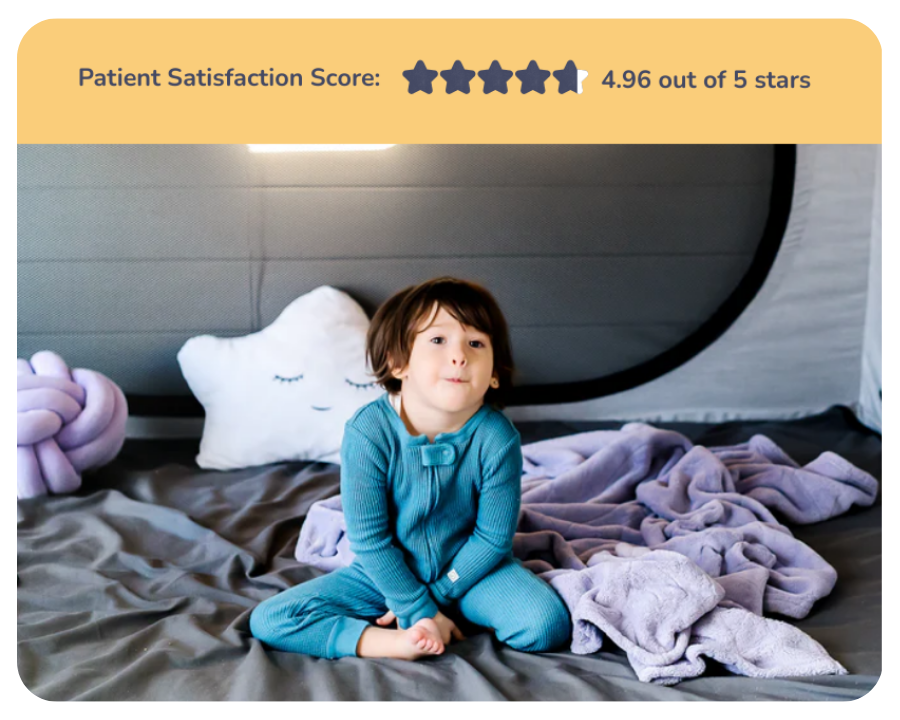
Create Safe Sleep For Your Patients
Cubby Beds offer sleep, safety and sensory benefits for individuals with special needs.
Children with Special Needs Face Elevated Safety Risks
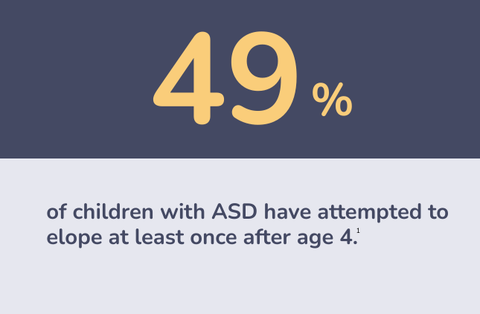
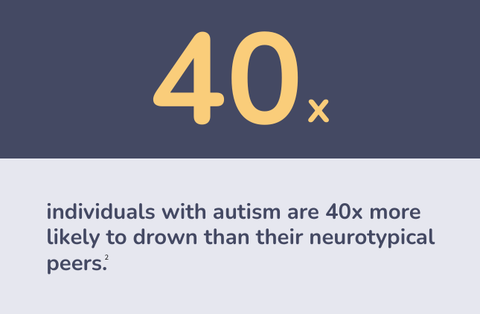
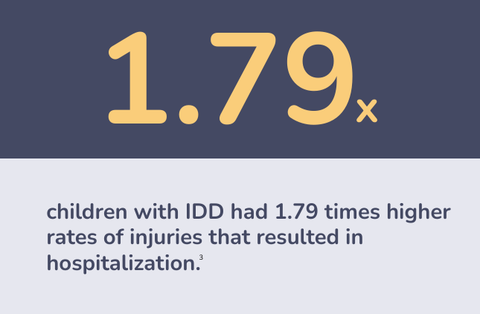
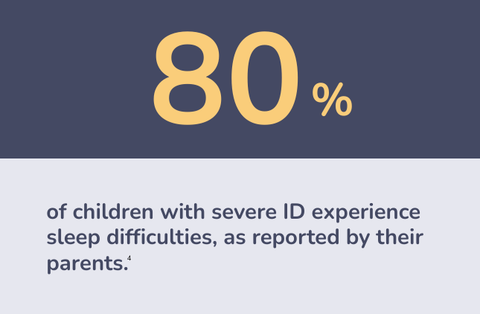
1. Anderson, C., et al. “Occurrence and Family Impact of Elopement in Children With Autism Spectrum Disorders.” Pediatrics, vol. 130, no. 5, 2012, pp. 870–877.
2. Guan, Joseph, and Guohua Li. “Injury Mortality in Individuals With Autism.” American Journal of Public Health, vol. 107, no. 5, 2017, pp. 791–93.
3. Calver, J., Balogh, R., and D. Rudoler. “Incidence of Injury in Children and Adolescents with Intellectual and Developmental Disability.” Journal of Safety Research, vol. 77, 2021, pp. 56–60.
4. Bartlett, L. B., V. Rooney, and S. Spedding. “Nocturnal Difficulties in a Population of Mentally Handicapped Children.” The British Journal of Mental Subnormality, vol. 31, no. 60, 1985, pp. 54–59.
Beyond the Numbers: Real Stories
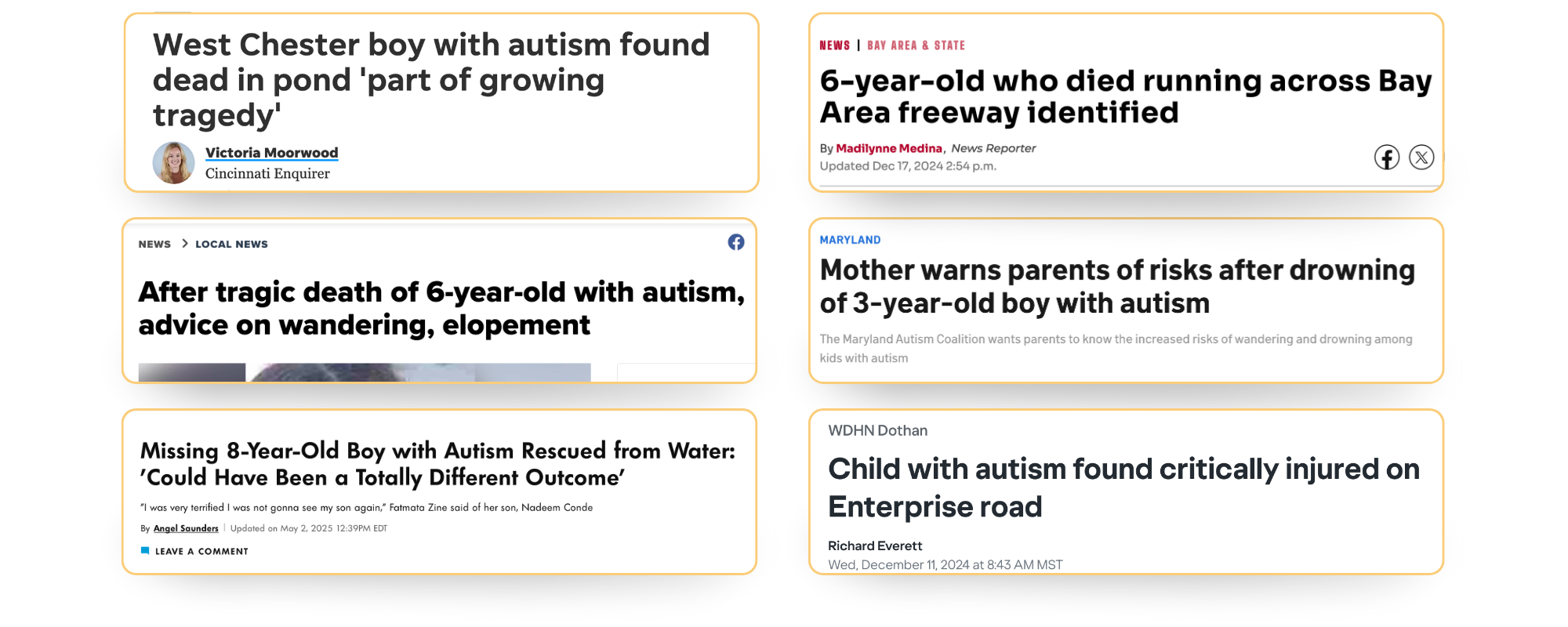





*Based on multiple news articles (Cincinnati Enquirer, WMAR-2 News, NBC Washington, WDHN Dothan, People)
Backed by Peer-Reviewed Research
Designed to Enhance Care.



1. Marlborough, C., K. Lemermeyer, D. J. Coletti, et al. 2025. “ Brief Report: Caregiver-Reported Effects of Sensory Safety Beds on Paediatric Sleep Quality.”Journal of Applied Research in Intellectual Disabilities38, no. 4: e70096. https://doi.org/10.1111/jar.70096
How Cubby Helps
Securable Doors

Monitoring

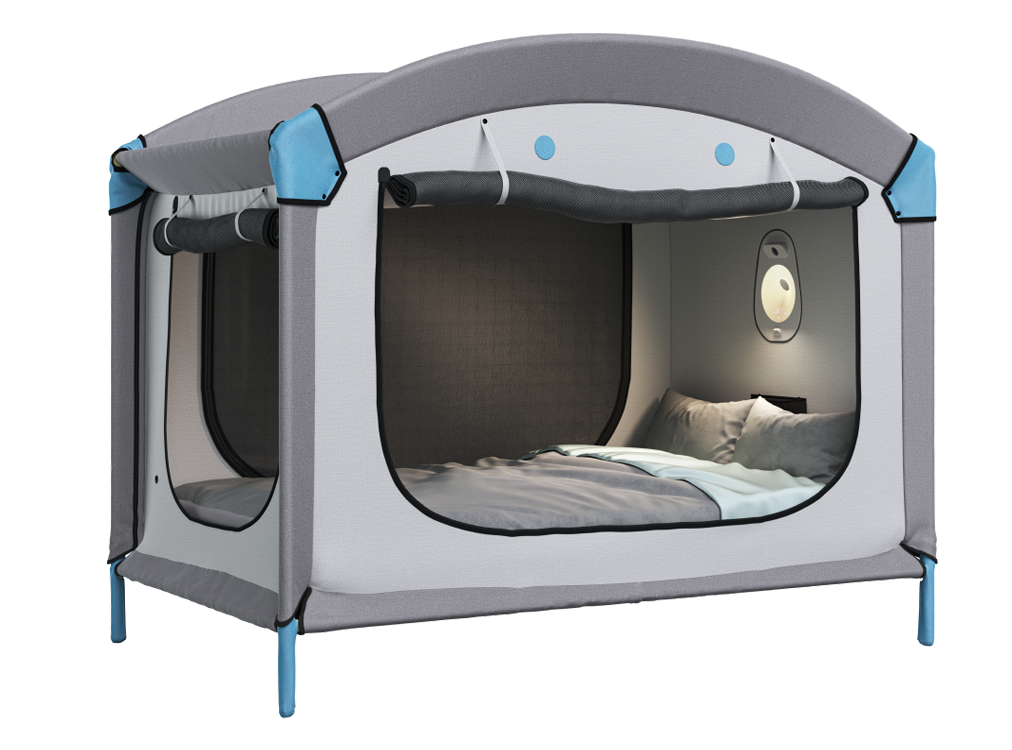
 Soothing
SoothingSensory Features
 Kid Tested
Kid Tested Durability
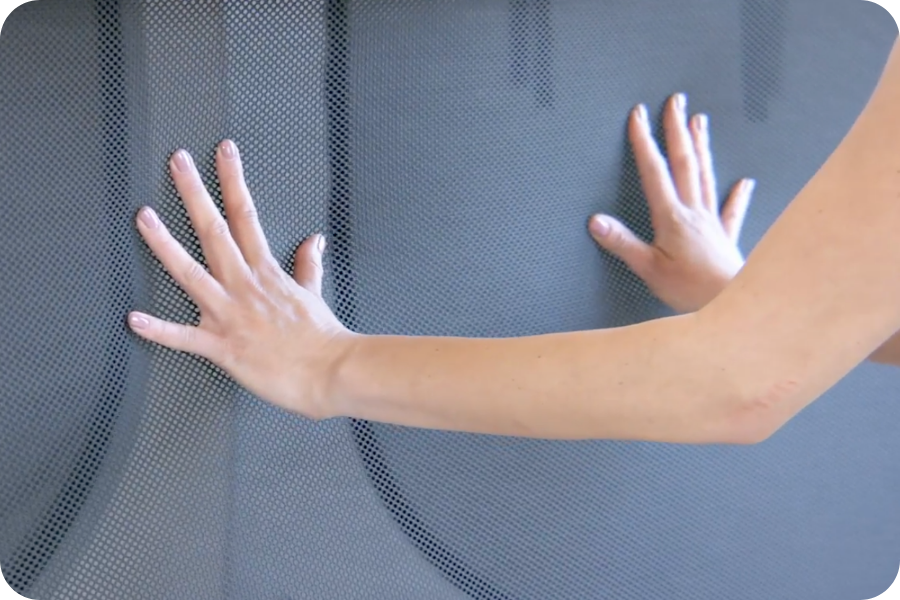
Keeping Patients Safe at Night
“We woke up one night and our child was already outside. We live near a busy street, it was terrifying. With the Cubby Bed, we finally know they’re safe.”*
✔ Designed to guard against wandering and injury with tensioned walls and securable doors
✔ Monitoring and alerts with the Technology Hub provide added 24/7 protection
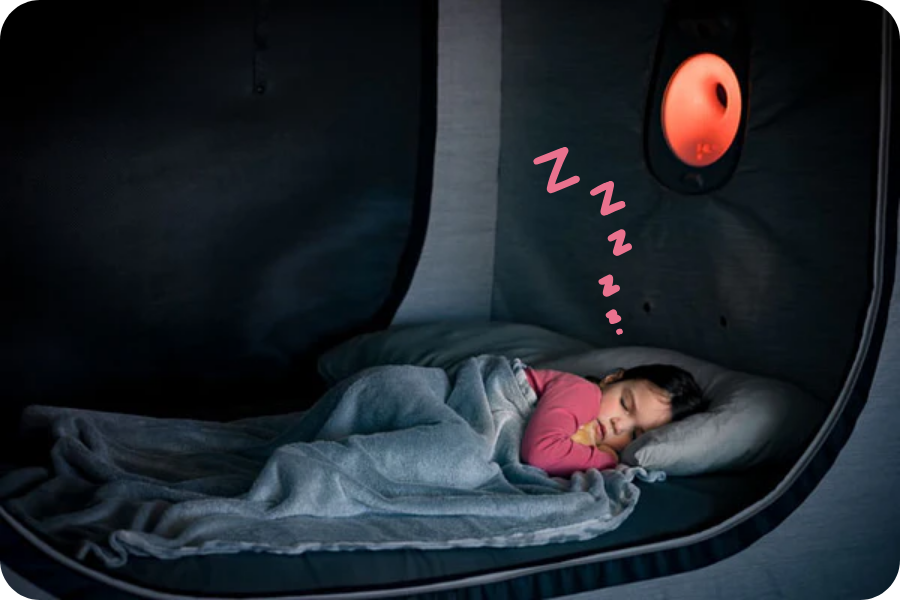
Better Sleep, Better Outcomes
“Before Cubby, our child never slept more than 3 hours. Now they sleep through the night and their progress in therapy has taken off.”*
✔ Canopy and soothing lights designed to help children calm down faster and transition to rest
✔ Relaxing sounds and consistent environment support longer, restorative sleep
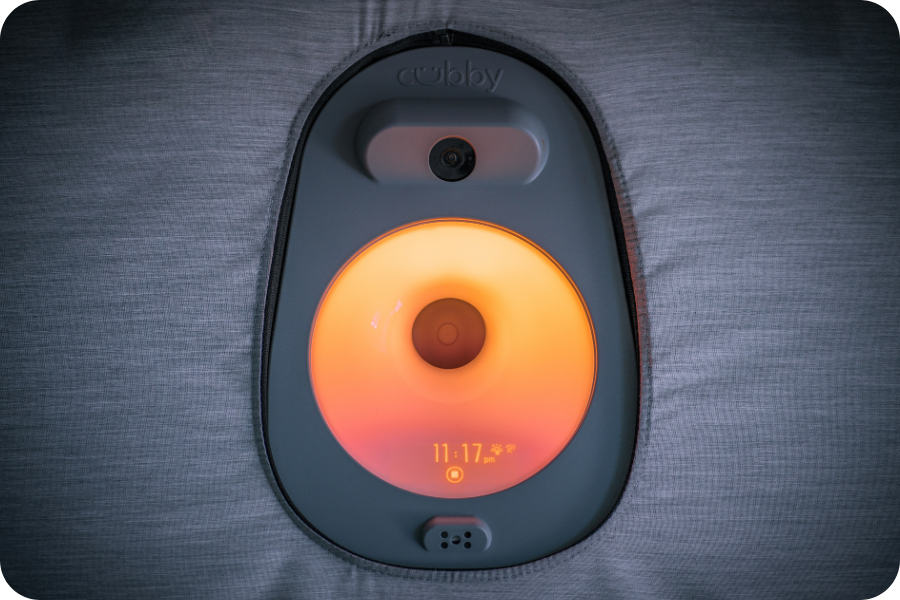
Calm Through Sensory Support
“Every night ended in a meltdown. The lights and quiet space in the Cubby finally helped our child calm down. For the first time, their nights are peaceful, and so is ours.”*
✔ Circadian and breathing lights guide calming routines
✔ Quiet, muted enclosure reduces overstimulation and nighttime meltdowns
*The family stories shared here are representative examples inspired by feedback from multiple caregivers and reviews. Individual experiences may vary.
Clinical Guidelines for Prescribing Cubby Beds
Before moving forward, consider if the patient meets the following criteria:
- Demonstrated safety risks: elopement/wandering, entrapment or self-injurious behaviors.
- Concerns regarding nighttime safety: risk of injury, lack of supervision or unsafe sleep environment.
- Insurance coverage: patient is enrolled in Medicaid, a Medicaid waiver or private insurance.
If these apply, continue with the prescription and documentation steps below.
- Provide a prescription (Rx) for a “Cubby Safety Bed (enclosed safety bed)” if medically necessary.
- Be sure to clearly document patient’s diagnosis, safety concerns, failed alternatives and expected clinical benefit from the Cubby Bed.
- Incomplete or vague LMNs are the most common cause of insurance delays. Reference our sample LMN outline by clicking here.
- Direct families to the Cubby Supplier Locator Map.
- Once a supplier is chosen, send both the prescription and LMN directly to the supplier.
- The supplier will manage the insurance submission and approval process on behalf of the family.
Clinicians Resources
Great news! The Cubby Bed may be covered by insurance. Many families have successfully secured coverage and we're here to help guide you and your patients through the process. We also have a Funding Guide on our website that walks patients through each step with helpful resources along the way.
In addition, you can explore the Medicaid steps for Cubby in each state so you know what’s required and who is involved. This overview helps simplify the process and support stronger coverage outcomes. Click here to explore further.
1) Download Required Insurance Documents
We've prepared all the required documents, complete with detailed information and templates to make things easier for you and your patient. Review it, print it out and utilize the Rx Form, LMN Guide and Outline.
GET INSURANCE DOCUMENTS 👈
2) Document Safety Concerns
Document the safety issues and the need for a Cubby Bed in your patient's medical notes. Focus on the child's safety concerns and clearly communicate why a Cubby Bed is medically necessary.
3) Write a Prescription
Write a prescription for a "Cubby Safety Bed."
Your patient's letter of medical necessity (LMN) should provide specific and detailed info about their child's safety concerns, requirements and how the Cubby Bed can help. Make sure you sign it as well, showing your agreement with the necessity of this solution.
A complete guide to LMNs, as well as a LMN Outline, can be found in our Required Insurance Documents.
Remember, quality matters more than quantity when it comes to LMNs. Your patient should focus on getting a detailed and informative letter and make sure that safety risks are defined and less costly alternatives are ruled out. The most common denial reason in documentation is that it is not detailed enough.
Medical Suppliers specialize in medical equipment and play a vital role in insurance claims. While we are the creators and manufacturers of the Cubby Bed, the Medical Supplier is the one who will order the bed from us, streamline the insurance process, and handle the paperwork for your patient, increasing their chances of coverage. They will deal directly with your patients insurance company to get the Cubby Bed approved according to their coverage benefits.
To connect your patient with a reliable Medical Supplier, share our Supplier Locator Map with them. If they can't find one in their area, have them reach out to Hello@CubbyBeds.com and we'll help.

Still Have Questions?
Our team of reimbursement specialists are happy to help with any questions you may have
